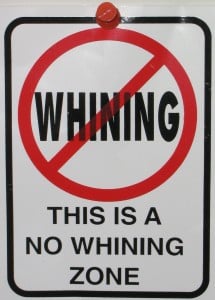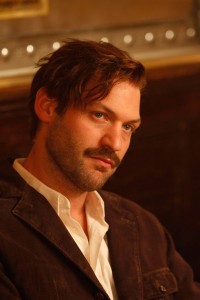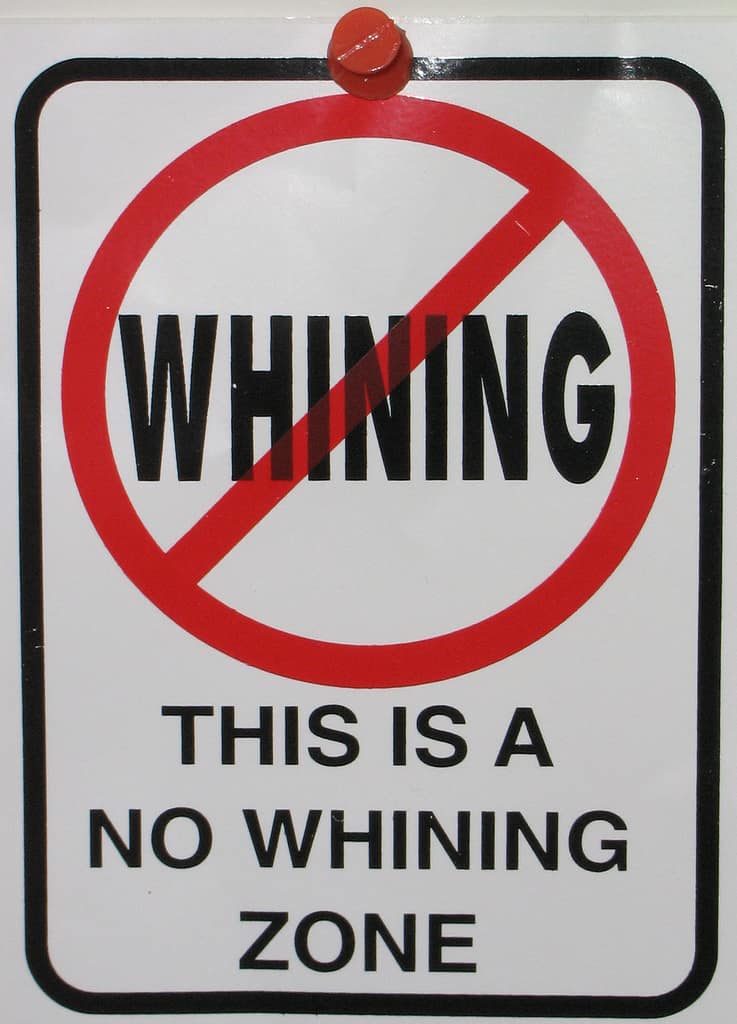
Last summer, Woody Allen released “Midnight in Paris,” his latest film and his love song to the City of Light. Having read no reviews before heading to the theatre, I was surprised that two of the film’s central characters were F. Scott Fitzgerald and Ernest Hemingway, encountered by protagonist Owen Wilson during his nocturnal self-discovery jaunts around Paris.
The film sparked my interest in the relationship between Scott Fitzgerald and Hemingway, which Patricia Hampl details in this article from The American Scholar. Hampl describes how Fitzgerald’s decision to publish his “crack-up letters” was a defining moment in their friendship. The letters were writings that addressed, albeit in a veiled way, Fitzgerald’s own mental collapse. Of the articles, Hemingway wrote:
“[Scott] seems to almost take a pride in his shamelessness of defeat. The Esquire pieces seem to me to be so miserable. There is another one coming. I always knew he couldn’t think—he never could—but he had a marvelous talent and the thing is to use it—not whine in public.”
Ouch.

Corey Stoll as Ernest Hemingway in Midnight in Paris
The reality of Fitzgerald’s struggles complicated Hemingway’s image of a friend and mentor. The namesake of the “Hemingway Code” (shun weakness; suffer with endurance) was made to see something that he’d rather not have seen. But before we judge Hemingway too sternly for his inability to handle this honest (and public!) admission of his friend’s weakness and pain, a little more self-reflection on our part may be in order.
Hemingway’s response puts our reaction to vulnerability—both our own and others’—in stark relief. It is often a challenge to be a true friend to one who is hurting or struggling, isn’t it? How many times, in the face of another’s vulnerability, have we said something like “I really don’t know what to say…”? And have we not breathed a sigh of relief when, in those conversations, the topic finally changes to something easier to hear? Even if we don’t always tell friends to stop “whining in public,” the sentiment is not entirely foreign.
And what we do unto others, we frequently enough do unto ourselves. We can resist sharing or even acknowledging our own places of hurt and struggle with others—and even with God. And yet it’s in those places of vulnerability and defeat that God comes close. When our self-sufficiency runs out, we need God—and our truest friends—the most.


